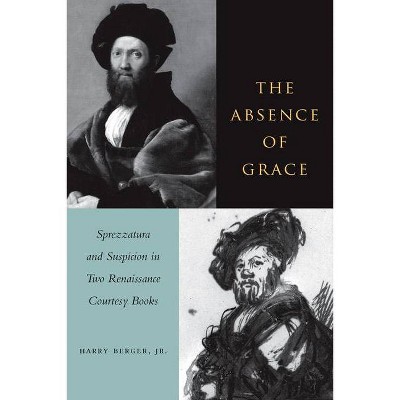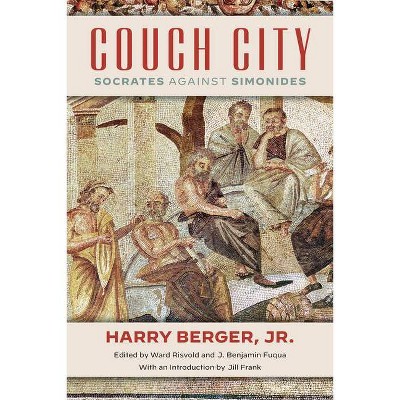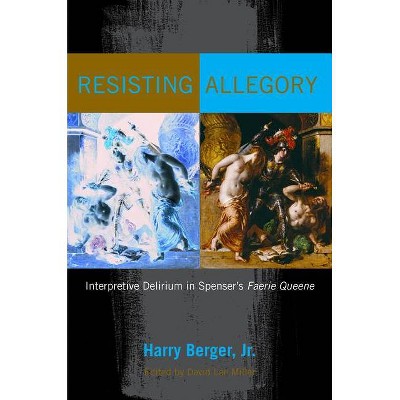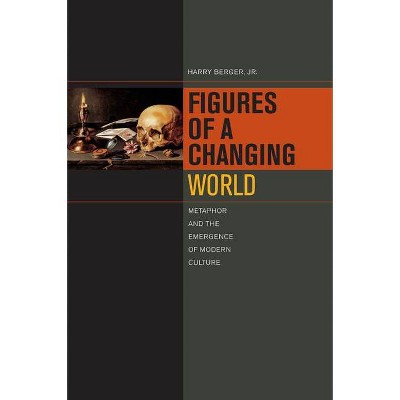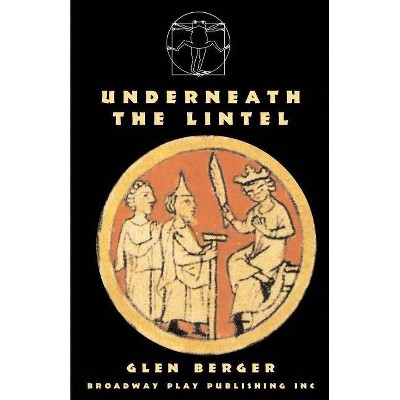The Perils of Uglytown - by Harry Berger (Paperback)
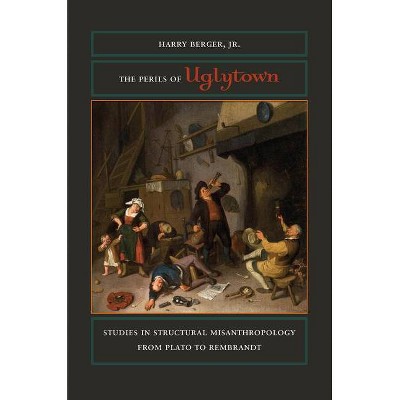
Similar Products
Products of same category from the store
AllProduct info
<p/><br></br><p><b> About the Book </b></p></br></br>The Perils of Uglytown develops a new concept, structural misanthropology, and traces its operation first in the dialogues of Plato and then in the work of humanists, playwrights, and painters of the Renaissance in Italy, England, and the Netherlands.<p/><br></br><p><b> Book Synopsis </b></p></br></br><p>With characteristic wit, Harry Berger, Jr., brings his flair for close reading to texts and images across two millennia that illustrate what he calls "structural misanthropology." Beginning with a novel reading of Plato, Berger emphasizes Socrates's self-acknowledged failures. The dialogues, he shows, offer up, only to dispute, a misanthropic polis. The Athenian city-state, they worry, is founded on a social order motivated by apprehension--both the desire to take and the fear of being taken. In addition to suggesting new political<br>and philosophical dimensions to Platonic thought, Berger's attention to rhetorical practice offers novel ways of parsing the dialogic method itself. <p/>In the book's second half, Berger revisits and revises his earlier accounts of Italian humanism, Elizabethan drama, and Dutch painting. Berger shows how structural misanthropology helps us to read the competitive practices that characterize Renaissance writing and art, whether in Machiavelli's constitutional prostheses, Shakespeare's pageants of humiliation, or the elbow jabs of Dutch portraiture.</p><p/><br></br><p><b> Review Quotes </b></p></br></br><br>Somewhere in his innermost closet Harry Berger, Jr., must harbor the secret of perennial freshness. For decades now his vitally important work has conferred the power to see with new eyes familiar works of literature, philosophy, and art, as if their innermost meanings were being glimpsed for the first time.<b>-----Dr. Stephen Greenblatt, <i>Harvard University</i></b><br><br>The Perils of Uglytown is a distillation of Harry Berger, Jr.'s intensive study of the Republic and other Platonic dialogues over several decades and makes an important contribution to understanding these texts and to the literary interpretation of the dialogues generally. Its highly original, provocative, and stimulating close reading of well-chosen passages is grounded in Berger's understanding of the textuality of the Platonic dialogues.<b>-----Seth L. Schein, <i>University of California, Davis</i></b><br><p/><br></br><p><b> About the Author </b></p></br></br><br><strong>Harry Berger, Jr. </strong>, is Professor Emeritus of Literature and Art History at the University of California, Santa Cruz.<br>
Price History
Price Archive shows prices from various stores, lets you see history and find the cheapest. There is no actual sale on the website. For all support, inquiry and suggestion messages communication@pricearchive.us
